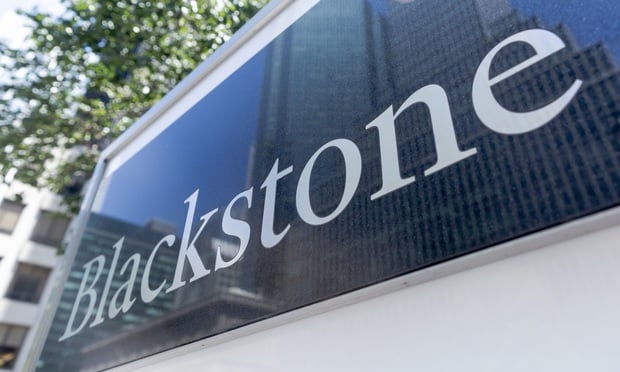INDIANAPOLIS—Simon Property Group has terminated its $3.6 billion merger agreement it struck with Taubman Centers on Feb. 9, 2020.
The REIT also filed an action in the Circuit Court for the 6th Judicial Circuit of Oakland County, MI against Taubman requesting a declaration that Taubman has suffered a material adverse event under the merger and has breached the covenants in the deal.
Essentially, Simon's reasons for pulling out of the deal are that Taubman has suffered disproportionately from the pandemic compared with its peers and that it didn't fulfill the requirements of the merger agreement.
Recommended For You
Want to continue reading?
Become a Free ALM Digital Reader.
Once you are an ALM Digital Member, you’ll receive:
- Breaking commercial real estate news and analysis, on-site and via our newsletters and custom alerts
- Educational webcasts, white papers, and ebooks from industry thought leaders
- Critical coverage of the property casualty insurance and financial advisory markets on our other ALM sites, PropertyCasualty360 and ThinkAdvisor
Already have an account? Sign In Now
*May exclude premium content© 2025 ALM Global, LLC, All Rights Reserved. Request academic re-use from www.copyright.com. All other uses, submit a request to [email protected]. For more information visit Asset & Logo Licensing.








